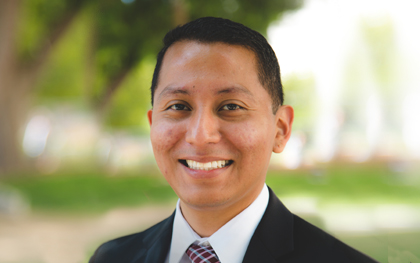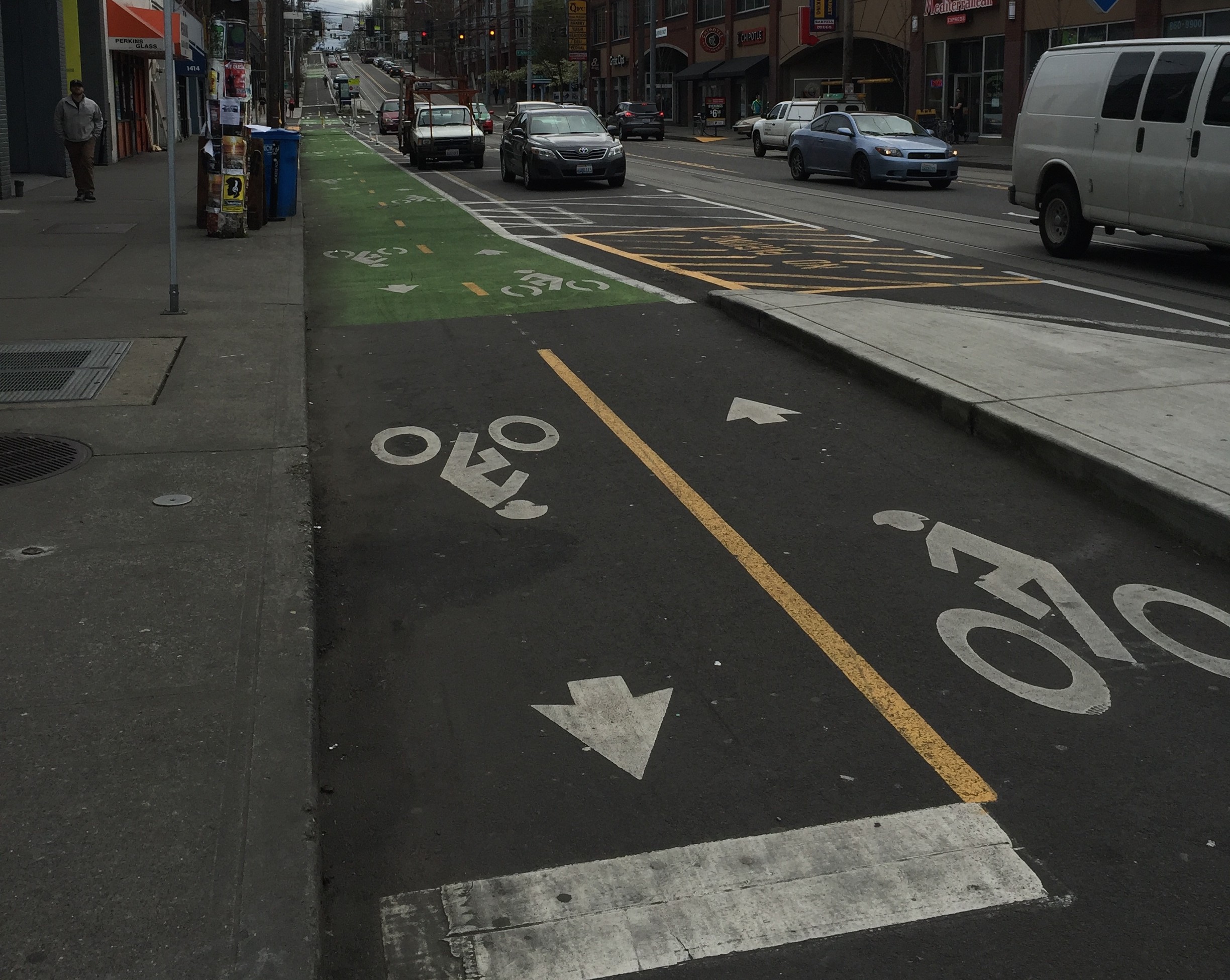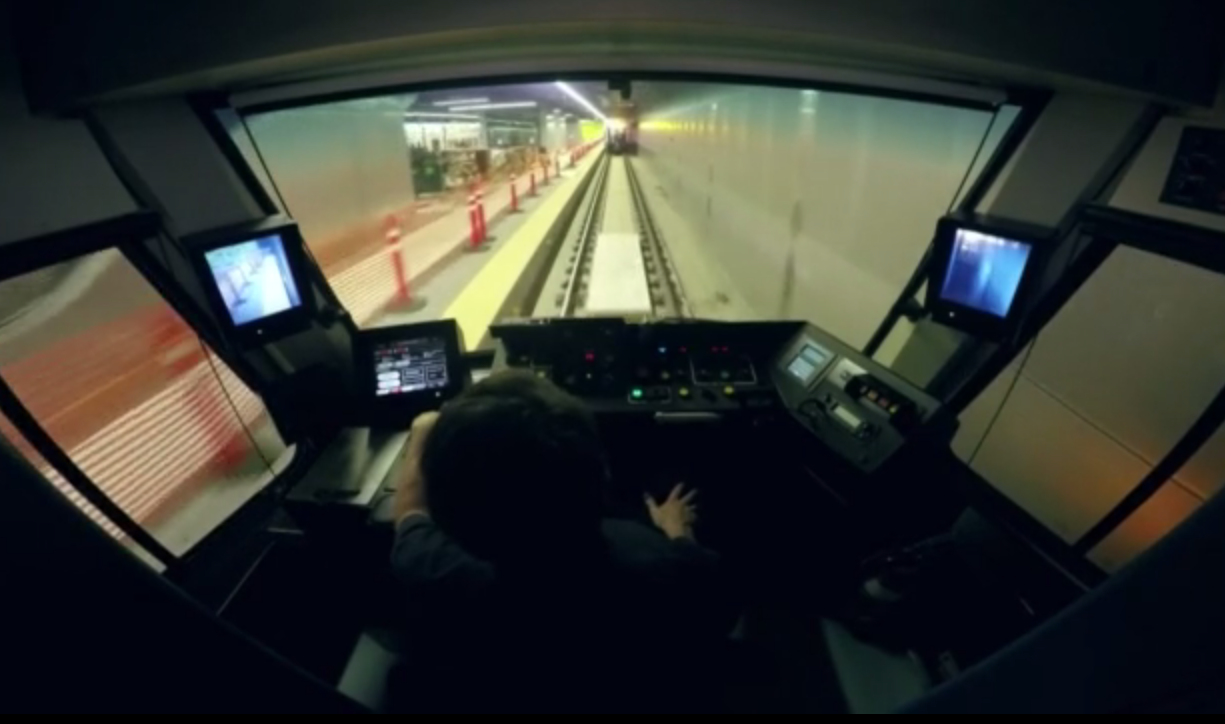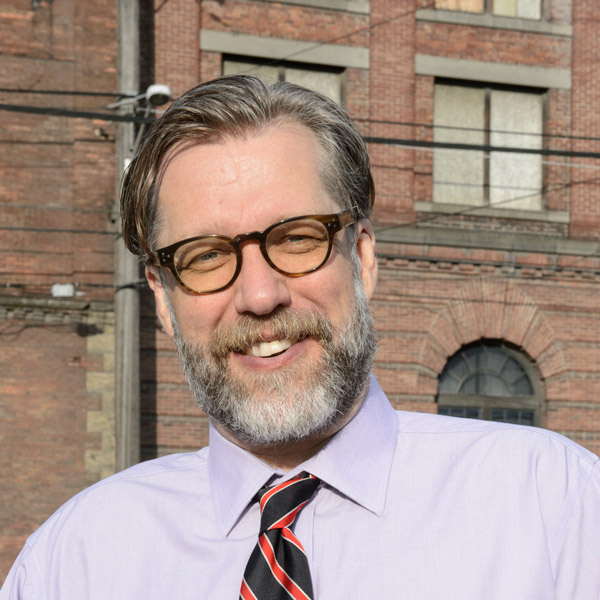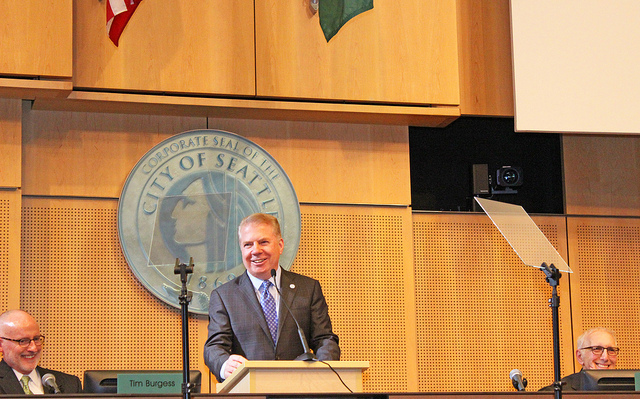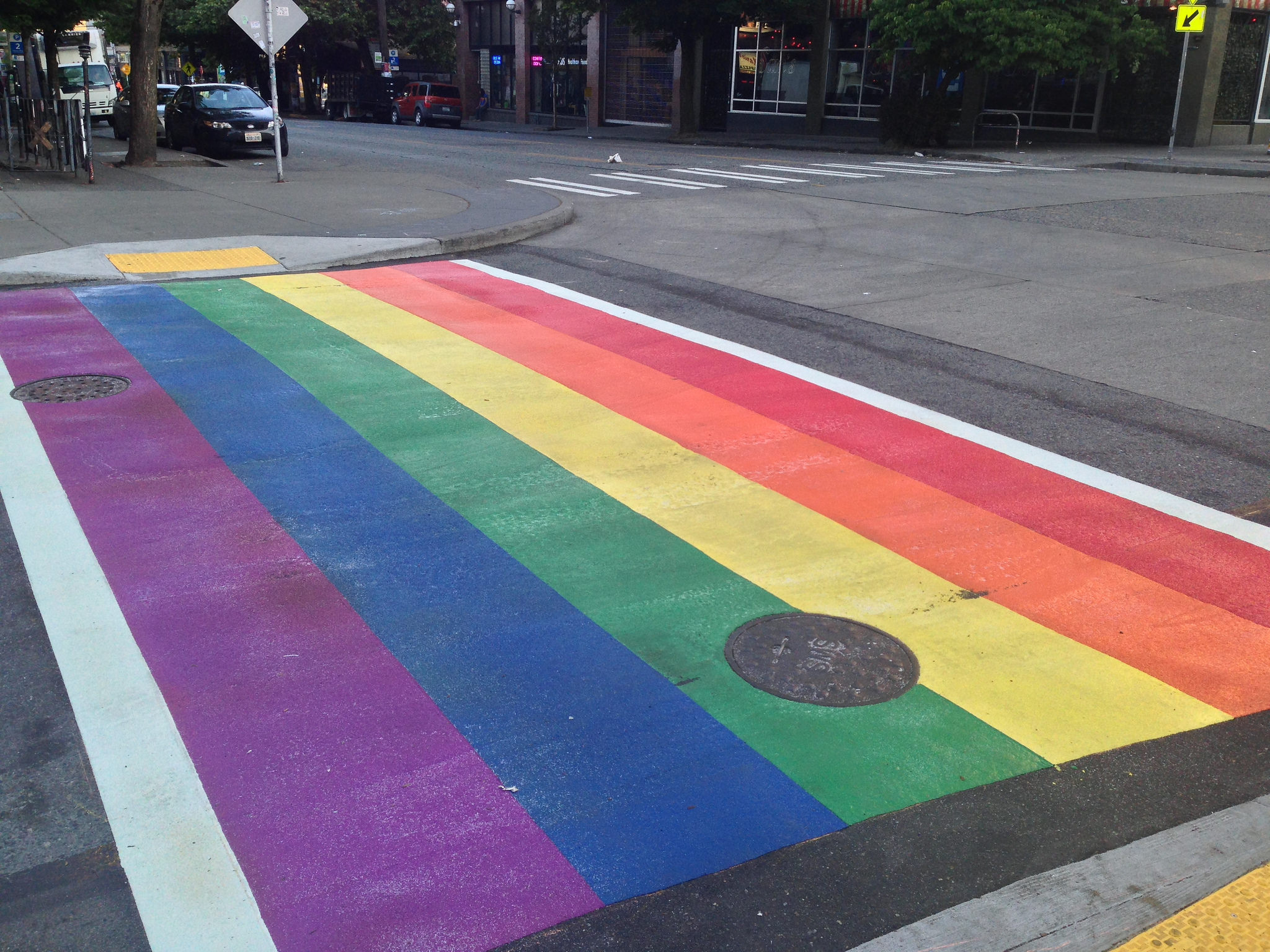Article Note: The Urbanist is publishing a series of interviews with a selection of 2015 Seattle City Council candidates. In June, we will release...
The Seattle Department of Transportation (SDOT) is planning to roll out another piece of the Bicycle Master Plan in Fremont. A three-block stretch of...
https://vimeo.com/131676434
Seattle transit nerds, behold! Sound Transit has put out a video showing a Link Light Rail train traveling through the the new underground tunnel...
Article Note: The Urbanist is publishing a series of interviews with a selection of 2015 Seattle City Council candidates. In June, we will release...
With dramatic growth taking hold in Seattle, Mayor Ed Murray wants to overhaul how the City of Seattle manages city planning and capital investments across City government. He...
Tenth Ave at Miller, slowing toward the curb on a gentle downhill. I haven't seen that face in a while.
"Kuuuurrtt!"
"Heeey!!"
He looks as much like...
Capitol Hill now has 11 rainbow crosswalks at six the intersections of Pike St, Pine St, Broadway, 10th Ave, and 11th Ave—just in time for...
Article Note: The Urbanist is publishing a series of interviews with a selection of 2015 Seattle City Council candidates. In June, we will release...

